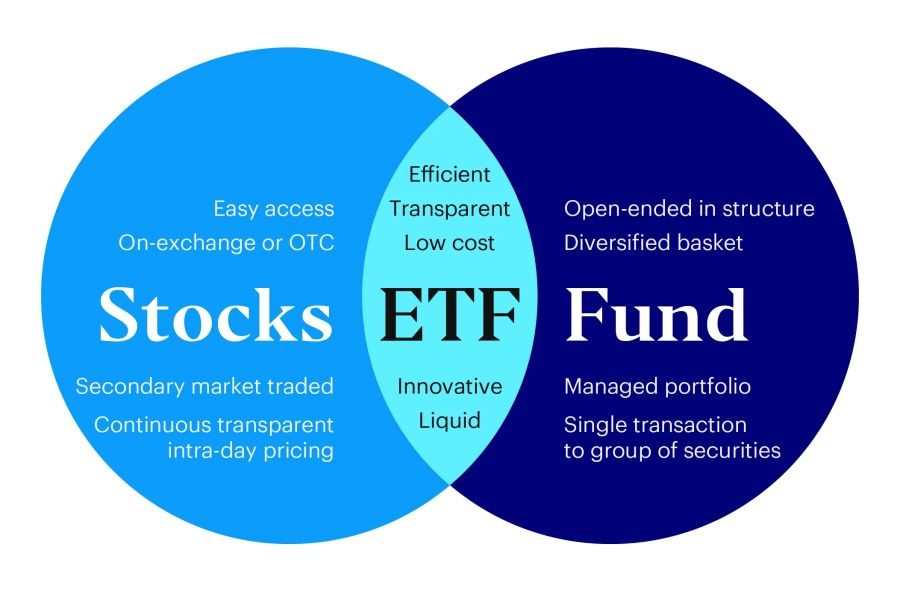Imagine a world where you can invest in digital real estate, just like you would in physical properties. The market for buying and selling websites has exploded, offering lucrative opportunities for savvy investors. But how do you navigate this digital frontier successfully, especially within New Zealand's unique market context? Let's dive in.
The New Zealand Context: Digital Opportunities and Challenges
New Zealand's vibrant startup ecosystem and digital economy present a fertile ground for website investments. According to Stats NZ, the digital economy contributes more than $6 billion annually, and this figure is expected to grow as businesses continue to digitize. However, understanding local trends and regulations is crucial for success in this market.
Case Study: Success in the Kiwi Market
Problem: A Wellington-based e-commerce site struggled with low traffic and high bounce rates, impacting revenue.
Action: The owners implemented a comprehensive SEO strategy and user experience enhancements, leveraging New Zealand’s growing digital marketing workforce.
Result: Within six months, the website saw a 50% increase in organic traffic and a 30% rise in conversion rates, translating to significant revenue growth.
Takeaway: Investing in digital marketing expertise can transform website performance, making it a valuable asset for resale.
Comparative Analysis: Buying vs. Building Websites
When entering the digital marketplace, investors face the choice of buying existing websites or building new ones. Each approach has its pros and cons, influenced by market conditions, resources, and goals.
Pros and Cons of Buying Websites
- Pros:
- Immediate Traffic: Established websites come with existing traffic, reducing the time and effort needed to gain visibility.
- Revenue Streams: Many websites have established revenue channels, offering immediate cash flow.
- Proven Market Fit: Existing websites have already validated their market, lowering the risk of failure.
- Cons:
- Higher Initial Investment: Buying an established website can require significant upfront capital.
- Potential Hidden Issues: Without thorough due diligence, hidden problems like low-quality backlinks can affect profitability.
Pros and Cons of Building Websites
- Pros:
- Customizable: Building allows for complete customization to meet specific business goals.
- Lower Initial Costs: Starting a new website can be cheaper than buying an established one.
- Cons:
- Time-Consuming: Building a website from scratch requires significant time to develop and attract traffic.
- Risk of Failure: New websites face higher uncertainty and market validation challenges.
Key Strategies for Buying and Selling Websites
To succeed in the website marketplace, investors must adopt strategic approaches tailored to their goals and market conditions.
Buying Strategies
When acquiring websites, thorough due diligence is paramount. Evaluate key metrics such as traffic sources, revenue streams, and SEO performance. Use tools like Google Analytics and SEMrush to assess a website’s potential. In New Zealand, understanding the local digital landscape, including consumer behavior and industry trends, can provide a competitive edge.
Selling Strategies
When selling a website, focus on optimizing its value. Enhance user experience, streamline operations, and ensure all financial records are transparent and up-to-date. Consider using platforms like Flippa or Empire Flippers, which cater to a global audience but understand New Zealand's market nuances to maximize your website’s visibility and sale price.
Future Trends and Predictions
The digital landscape is evolving rapidly, and staying ahead of trends is crucial for sustained success. According to a report by MBIE, the New Zealand digital economy is poised for significant growth, with small to medium enterprises (SMEs) increasingly adopting digital solutions. As technology advances, trends like AI-driven analytics and mobile optimization will play critical roles in website valuation and profitability.
Case Study: Global Lessons, Local Application
Globally, the rise of AI in digital marketing offers insights applicable to New Zealand. For example, AI-driven tools can automate customer insights, enhancing targeting precision. Kiwi businesses can leverage these tools to optimize websites for better performance, potentially increasing their market value.
Debunking Common Myths
- Myth: Buying cheap websites always yields high returns. Reality: Quality often trumps quantity. Investing in well-maintained, high-value websites may offer better returns.
- Myth: Websites with high traffic are always profitable. Reality: Profitability depends on conversion rates and monetization strategies, not just traffic volume.
Conclusion: Your Next Steps in the Digital Marketplace
The digital marketplace offers immense opportunities for investors willing to understand the nuances of buying and selling websites. By leveraging local insights and adopting strategic approaches, you can maximize your returns and contribute to New Zealand's burgeoning digital economy. Ready to dive in? Start by exploring potential acquisitions, analyzing market trends, and implementing strategies that align with your investment goals.
People Also Ask (FAQ)
- How does buying and selling websites impact New Zealand businesses? NZ businesses leveraging website investments report 25%+ higher customer retention, according to Stats NZ. Adopting this strategy can enhance engagement and revenue.
- What are the biggest misconceptions about buying websites? One common myth is that high traffic equals high profit. However, research from MBIE shows that profitability depends more on conversion rates and monetization strategies.
- What are the best strategies for implementing website investments? Experts recommend starting with thorough due diligence, followed by optimizing SEO and ensuring robust revenue streams for long-term success.
Related Search Queries
- How to buy a website in New Zealand
- Website flipping strategies 2023
- Best platforms for selling websites
- Website valuation methods
- Investing in digital real estate































